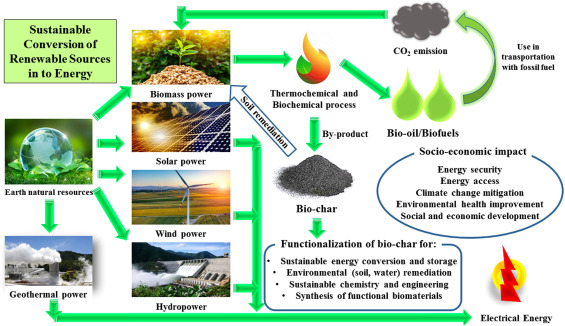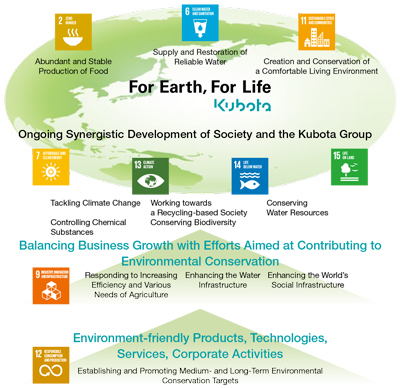Taking Action to Protect Our Planet – The Benefits of Environmental Conservation
In today’s rapidly changing world, the need for environmental conservation has never been more crucial. Rising temperatures, deforestation, and pollution are just a few of the alarming issues threatening our planet. It’s time for us to take action and make a difference. In this blog post, we will explore the benefits of environmental conservation and why we should all actively participate in protecting our planet.
1. Preserving Biodiversity
Environmental conservation plays a vital role in preserving biodiversity, the variety of life on Earth. By protecting natural habitats and safeguarding endangered species, we ensure that our planet remains in balance. Biodiversity provides numerous benefits, including ecosystem stability, food security, and the discovery of new medicines.
2. Mitigating Climate Change
The consequences of climate change, such as extreme weather events and rising sea levels, are already being felt worldwide. Engaging in environmental conservation practices like reducing carbon emissions and promoting renewable energy sources can significantly mitigate the effects of climate change. Conserving forests also helps absorb carbon dioxide, the primary greenhouse gas responsible for global warming.
3. Sustainable Resource Management
Environmental conservation promotes sustainable resource management. By adopting practices that minimize resource consumption and waste generation, we can preserve natural resources for future generations. This includes recycling, reducing water consumption, and utilizing renewable energy. Sustainable resource management creates a healthier and more sustainable planet.
4. Improving Air and Water Quality
Conserving the environment has a direct impact on air and water quality. By reducing pollution from industries, vehicles, and agriculture, we can improve the overall health of our ecosystems. Cleaner air means better respiratory health for humans and other organisms, while cleaner water minimizes contamination risks for aquatic life and human consumption.
5. Enhancing Human Health and Well-being
Environmental conservation also has significant benefits for human health and well-being. Spending time in natural environments has been shown to reduce stress, improve mental health, and increase physical activity levels. Conservation efforts that prioritize access to green spaces and parks in urban areas contribute to creating healthier communities.
6. Economic Benefits
Many people often overlook the economic benefits of environmental conservation. Eco-tourism, for example, offers opportunities for sustainable economic growth by attracting visitors to protected natural areas. Conservation efforts also create employment opportunities in fields such as environmental research, restoration projects, and eco-friendly industries.
7. Resilient Communities
Communities that prioritize environmental conservation are more resilient to natural disasters and environmental changes. By implementing sustainable practices, such as building resilient infrastructure and preserving natural buffers like wetlands and mangroves, we can reduce the impact of natural hazards. This leads to stronger and more self-reliant communities.
In conclusion, environmental conservation is vital for the well-being of our planet and future generations. Preserving biodiversity, mitigating climate change, and promoting sustainable resource management are just a few of the benefits associated with this noble cause. By taking action individually and collectively, we can make a positive impact on our environment and ensure a sustainable future for all. Let’s commit to protecting our planet today for a better tomorrow.











